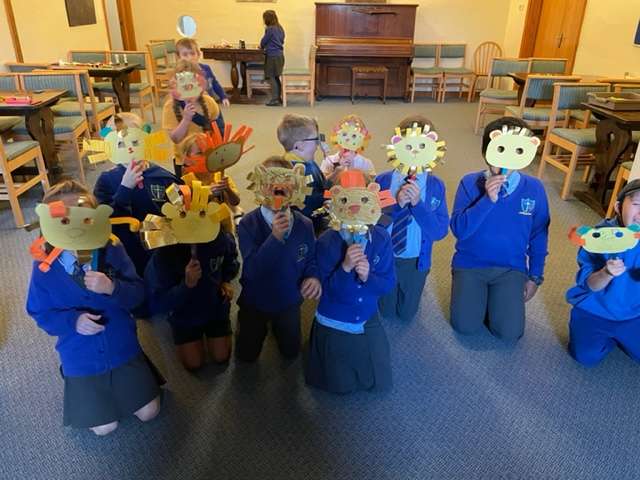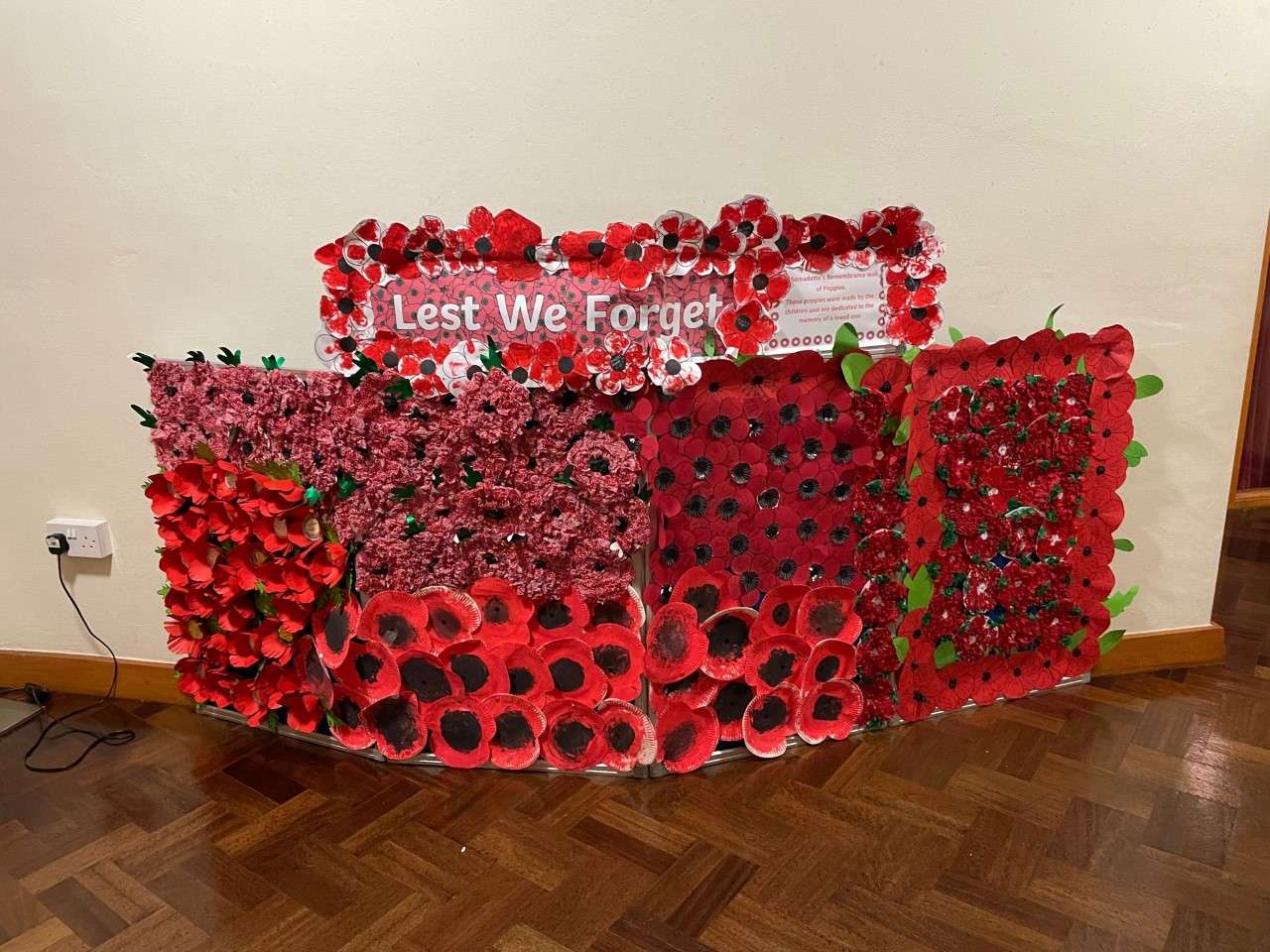
Religious Education
Parent Newsletters
Religious Education Statement of Intent
At St Bernadette’s we believe that every person is a child of God; made in his image and responsible for the care and well-being of one another and of our common home. Christ is at the centre of all that we do and all that we are and this is evident throughout our curriculum but nowhere more so than in R.E.
We strive to make R.E. engaging, challenging and relevant to the world of today:
- To help everyone within the school community to grow in faith;
- To make the most of every ability they have been given, and,
- To achieve academic excellence and to prepare well for adult life in a modern and diverse society.
Joint Pastoral Letter on Catholic Schools (2 September 2007)
With this in mind, when our children leave St Bernadette’s, we aspire for them
- To have an in depth and enduring knowledge and understanding of a range of scripture passages and of the lives of some key biblical and inspirational people.
- To have knowledge and some understanding of a range of beliefs
- To have knowledge and some understanding of the liturgical year, the sacraments, and some different liturgies
- To have the ability to reflect upon questions of meaning and purpose and to consider and compare different responses to them
- To have the confidence backed up by knowledge and understanding to be able express their own point of view about important issues whilst showing respect and tolerance for contrasting opinions
- To be equipped to make good decisions based on their beliefs and moral values
- To want to engage with charities and organisations who are working for the good of all
To rise to the challenge of living in the world as Jesus would; preaching the Gospel by their lives

Religious Education Statement of Implementation
As a core subject, R.E. is given 10% of curriculum time across the school and the staffing and resourcing of R.E. is of the highest standard.
R.E is planned and taught with reference to the Lancaster Diocese curriculum wheel and teachers ensure that their year group planning covers all statements thereon.
We have adopted Come and See as our main scheme of work and this is supplemented by the CAFOD universal church topics and which we enhance with Caritas in Action, and various resources from the diocese, the Catholic Education Service and the Catholic Bishops’ Conference of England and Wales.
R.E. lessons will include different approaches to stimulate, challenge and engage the children; these may include: drama, music, debate and discussion, artwork, visits and visitors as well as work in books.
We are blessed to have our lovely church right next door and children will participate in Holy Mass, as well a range of prayer and liturgies in school and in the church.
Religious Education Statement of Impact
At the end of each term, pupils are assessed against the Age Related Standards for Primary Religious Education and a report is sent to parents.
R.E. books are kept for moderation of Age Related Standards and are sent home at the end of each phase (Y2, Y4, Y6).
In the Reception Class, R.E. is recorded in a floor book and each child is assessed against the Age Related Standards 3-5 years.
Working together with parents, Parish and the wider community, we hope to prepare our children for the next stage in their learning as thoughtful, articulate and confident individuals who are familiar with the stories, traditions and teachings of the church and who show compassion and fairness, love and forgiveness to others in their daily lives.
Who are, in short, religiously literate young people who have the knowledge, understanding and skills ‐ appropriate to their age and capacity ‐ to think spiritually, ethically and theologically, and who are aware of the demands of religious commitment in everyday lifeʹ. (Catholic Bishops Conference of England and Wales, Religious Education Curriculum Directory for Catholic Schools.).




















